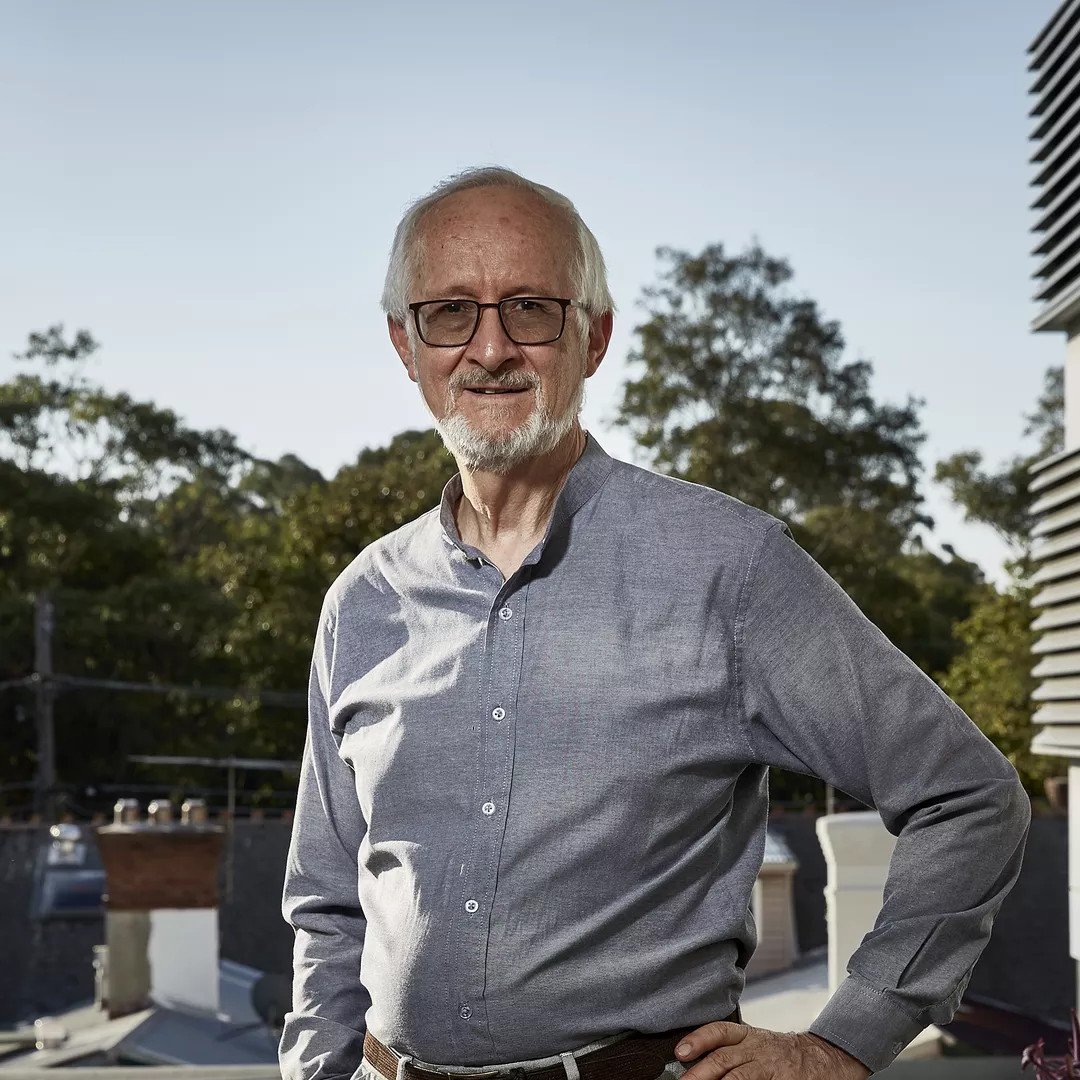“There are multiple possibilities, such as a genetic susceptibility to AF and cardiovascular disease. However, what is more likely is societal and lifestyle risk factors, which include obesity, diabetes, sleep disordered breathing, higher alcohol consumption and smoking rates and low physical activity. This is coupled with racism and social deprivation following colonisation by Europeans.”
Ten per cent of strokes occur in people unaware they have AF. It is therefore essential to introduce early AF screening in the population and to help First Nations peoples lead healthier lifestyles.
In this research, Dr Stavrakis from the University of Oklahoma and Professor Freedman implemented opportunistic screening to detect silent AF in American Indians attending a tribal primary care clinic in Oklahoma, by using a mobile, single-lead electrocardiogram (ECG) device. Patients over the age of 50 with no history of AF underwent a 30-second ECG, and a cardiologist then reviewed the results to diagnose AF. It was found that 1.5 per cent of the patients were discovered to have AF, which would have otherwise gone undetected.




